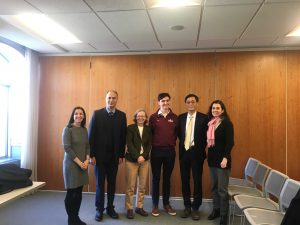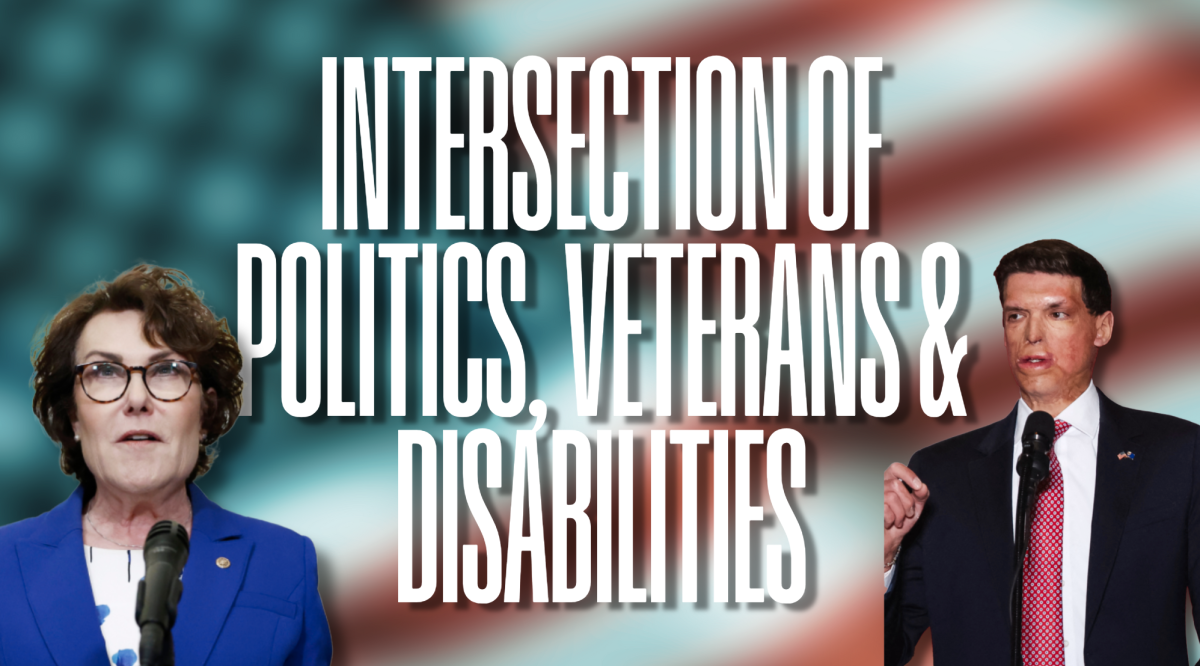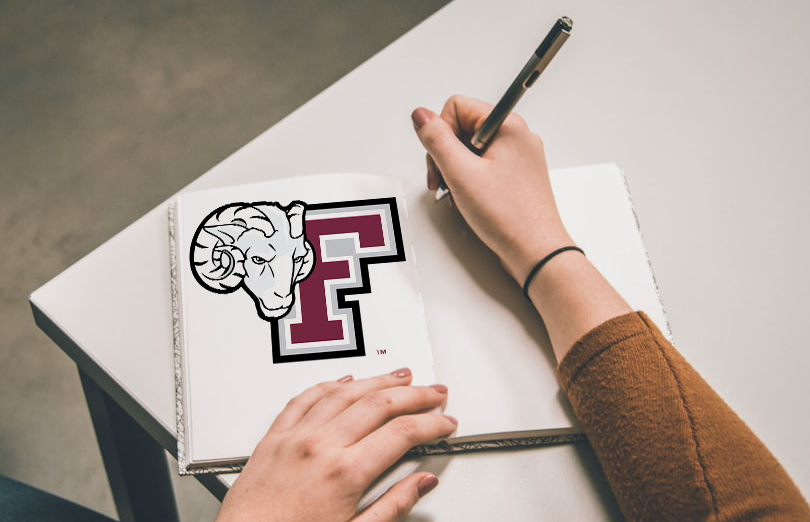By Ashley Katusa

As students make the decision to get involved in research, some may find it difficult to approach professors or even narrow down what kind of research they would like to do. United Student Government (USG) FCRH Dean’s Council presented its Inaugural Research Reception to address these possible concerns.
Approximately 25 students attended the research luncheon, along with the three panel speakers and several representatives from different departments. The event was comprised of an hour-long panel discussion followed by a Q&A. Attendees were then invited to eat lunch with representatives from different departments to facilitate a roundtable discussion about research, potential majors and navigating through the two.
Nathaniel Singh, FCRH ’20, said the event provided insight regarding approaching professors showcased the large variety of research offered at Fordham with different aspects and focuses.
“I attended the research luncheon in order to get some advice on how to find research and meet professors who could determine whether research is really something I want to do,” said Singh.
The panel speakers were from different departments within Fordham and spoke on their projects, the projects of their students and how to go about finding research projects at Fordham.
All three of the panelists suggested reaching out to professors or even just popping into a professor’s office to inquire if they have any research that they need help with. They said professors can be overwhelmed with class, grading, committee meetings, et cetera; research sometimes gets pushed to the back burner. Due to this, help from students is frequently needed, appreciated and rewarding for both the mentor and the student.
Panelist Sophie Mitra, Ph.D., from the Economics department is working on projects surrounding the conceptual economic influences surrounding well-being, disability, health and inequality, as well as research into how international development can be measured through economic growth. Mitra is also working on a project regarding horizontal inequality, how different groups are in different positions on the income scale and what may contribute to that, such as culture and ethnicity.
Mitra discussed the importance of trying to plan ahead, but also says that she was not aware she would wind up in the research field at first.
Panelist Amy Roy, Ph.D., from the Psychology department is currently working on a study of adolescents. The department has previously worked on a study of five to nine year olds who suffer from severe temper tantrums; they carried out diagnostic interviews and examined functional MRI data from these children.
Roy and the department are trying to bring back the children who were previously interviewed to examine them again with hopes of gauging where the trajectory of their behavior is going. She is also working on a continuing study, bringing in five to nine year olds with severe temper tantrums or ADHD to conduct diagnostic interviews and examine other methods of emotional regulation.
In addition to this, Roy is working on a collaborative project with Gary Weiss from the Computer Science department in which they are trying to determine if there is a way to use motion sensors in a cushion as well as on certain points on the patient’s body to predict whether a child has ADHD. Although psychology research can be more time-sensitive and thus harder to schedule for students according to Roy, she said she is happy to get emails from students inquiring about research.
Panelist Thaier Hayajneh, Ph.D., from the Computer Science department is conducting personal research focusing on system security for different forms of technology, specifically remote patient monitoring systems (insulin pumps, EEGs, pacemakers). He is analyzing the growing potential for hacking these devices; he explains how there have already been accounts of pacemakers being hacked successfully. These electronic devices are hackable due to their technological advancements and connectivity to the cloud, so it is the job of the cyber security experts to keep up with this growing technology. Hayajneh is working with Columbia University to engage blockchain technology into securing the remote patient monitoring devices.
Last year, Hayajneh and his students published 18 papers; this year, they have undertaken 10-20 papers so far. There are many projects in the works, ranging from single-student to group projects. Hayajneh spoke on the 1.8 million jobs that need to be filled in cyber security, so it may be an appealing choice to students who are unsure what they would like to do.
One of the planners of this event was Patrick Fox, FCRH ’20. He serves as a USG Senator, and is on the FCRH Dean’s Council. The event was initially intended to be a mixer for underclassmen who were not positive what they wanted to do during and after college to discuss potential majors over lunch. The Dean’s Council thought it would benefit students to have this event also promote and clarify research, so the project became a hybrid. Fox said he believes that the project was a huge success.
“We saw people actively engaging with faculty members during and after the reception talking about both academic studies and potential research opportunities,” he said.
The project had been in the works prior to Fox’s involvement with the Dean’s Council, but he and fellow USG member Elizabeth Crennan, FCRH ’19, facilitated most of the planning for the Research Reception. Those involved in the organization and planning of this event hope it will be a recurring annual event.












































































































































































































